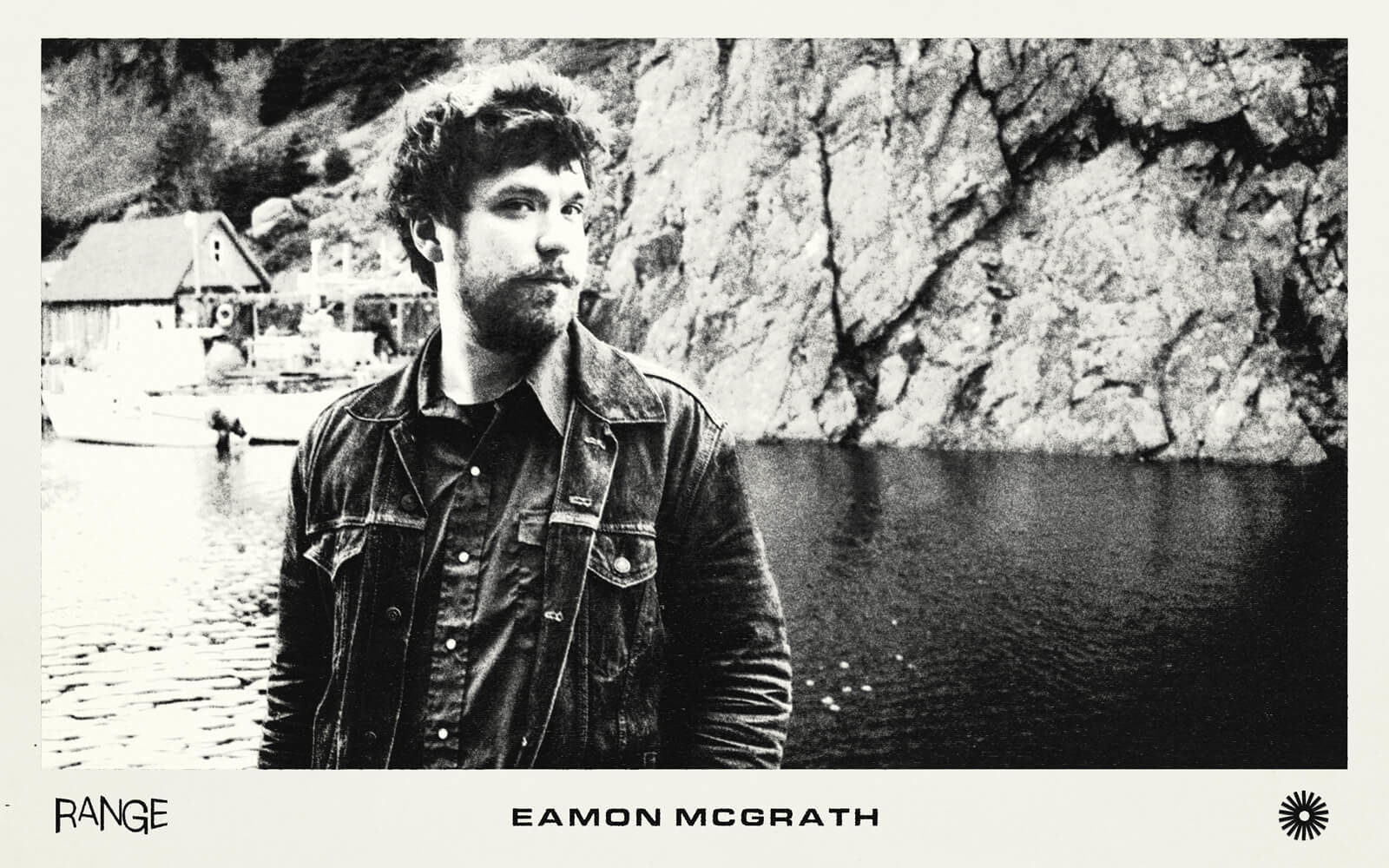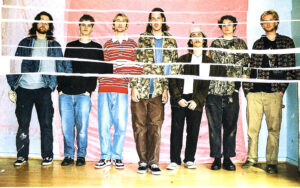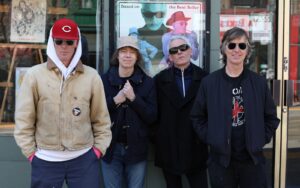
Track # 2
"Rock And Roll"
by Eamon McGrath
Led Zeppelin is such a contentious watchword in my line of work. The band personifies absolutely every single cringe-worthy aspect and spectacle associated with the golden age of hyper-masculine rock and roll, while also justifying their absurdly god-like status because of the musical boundaries they pushed and the ideas they pioneered. Without Led Zeppelin, rock and roll would be a much quieter, tame, unexciting and uninventive art form, and yet, also without them, all of us DIY-minded, punk rock-influenced, underground independent musicians out there would not have anywhere near to as clear-cut an effigy to shake our fists at. No other band is equally as justifiably worshipped and despised: their parts are equally as fascinating as they are nauseating — as “classic” as “classic rock” gets.
“Rock and Roll” is the quintessential Led Zeppelin song. When asked to describe their sound, dropping the needle on Track 2 Side A of Led Zeppelin IV explains everything you need to know: that pounding, heart-thumping, genre-defining rhythm section of John Bonham and John Paul Jones is at its textbook, bare-bones essence here, pillowing beneath the soul-crushing, thunderstorm-volume of Jimmy Page’s jet engine Gibson Les Paul, while Robert Plant’s teary howl resonates on top of it all. It’s the perfect distillation of everything Led Zeppelin does: completely over-the-top, dripping and oozing with layers of melting cheese, void of any form of restraint, and yet so totally musically cohesive, enthralling, and one-hundred-percent the sum of its parts.
Led Zeppelin wrote the blueprint and “Rock and Roll” is like the foundational plans. For better or for worse, it’s hard to imagine rock and roll without this band, and for that we owe them everything. Regardless of how much you love or hate the songs, even if their most lasting impact was to create something for punk rockers like me to come together, unite, and rally against, then we should all celebrate their enormous and landmark catalogue.













